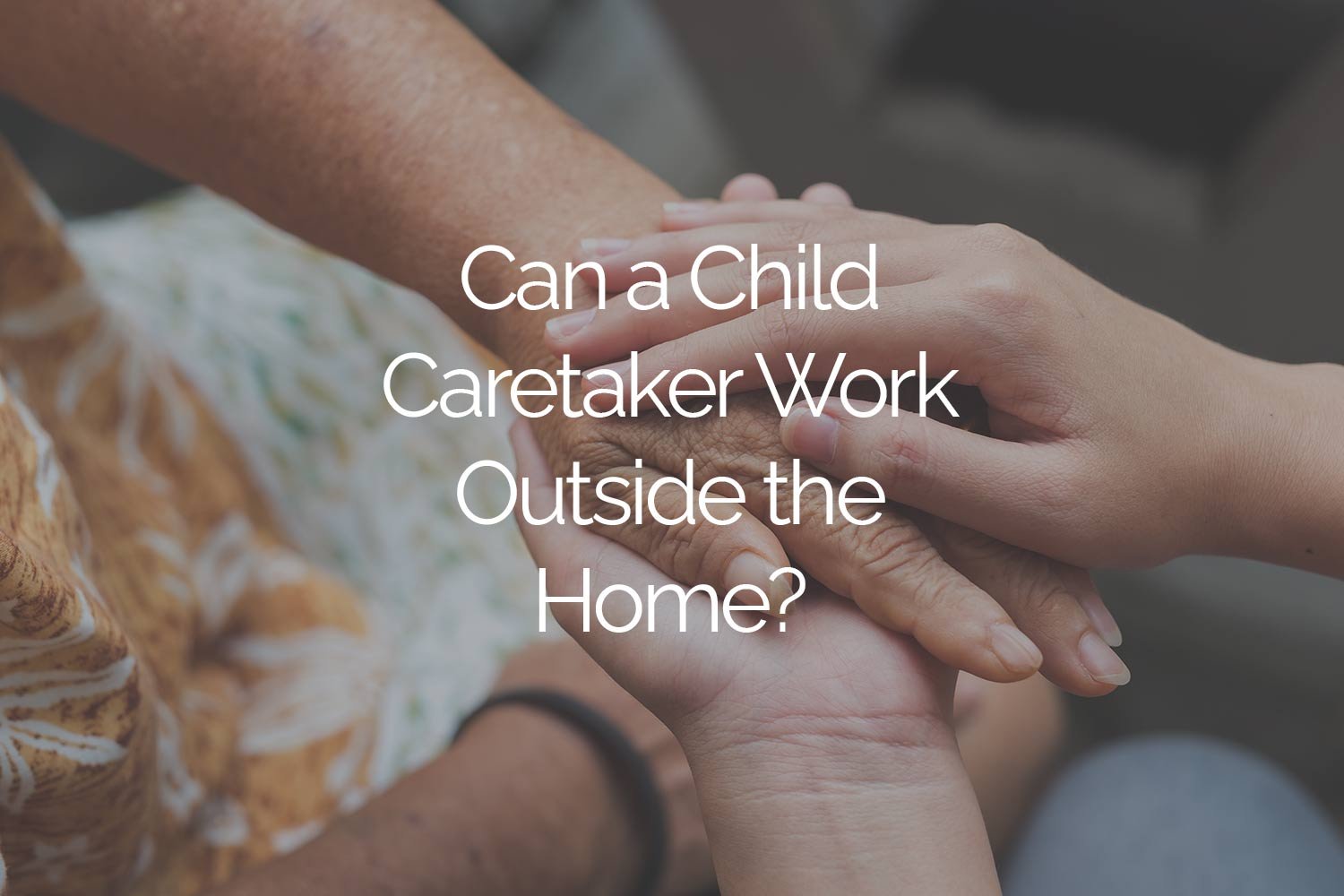
Qualifying for long-term care Medicaid can be tricky. There are strict asset and income limits. Elder law attorneys help clients get qualified for Medicaid using variety of strategies. Some of these strategies revolve around how to plan for the client’s home.
In most states, the home is an exempt asset if the client has an intent to return home. The home is also exempt if there is a community spouse, disabled or blind child, or child under the age of 21 still living in the home. However, planning is still sometimes sought in these situations to avoid estate recovery.
One planning technique is to transfer the home to a child caretaker. This planning strategy is the result of 42 U.S.C. § 1396p(c)(2), which states:
42 U.S. Code § 1396p(c)(2):
“(2)An individual shall not be ineligible for medical assistance by reason of paragraph (1) to the extent that—
(A)the assets transferred were a home and title to the home was transferred to—
…
(iv)a son or daughter of such individual (other than a child described in clause (ii)) who was residing in such individual’s home for a period of at least two years immediately before the date the individual becomes an institutionalized individual, and who (as determined by the State) provided care to such individual which permitted such individual to reside at home rather than in such an institution or facility;”



